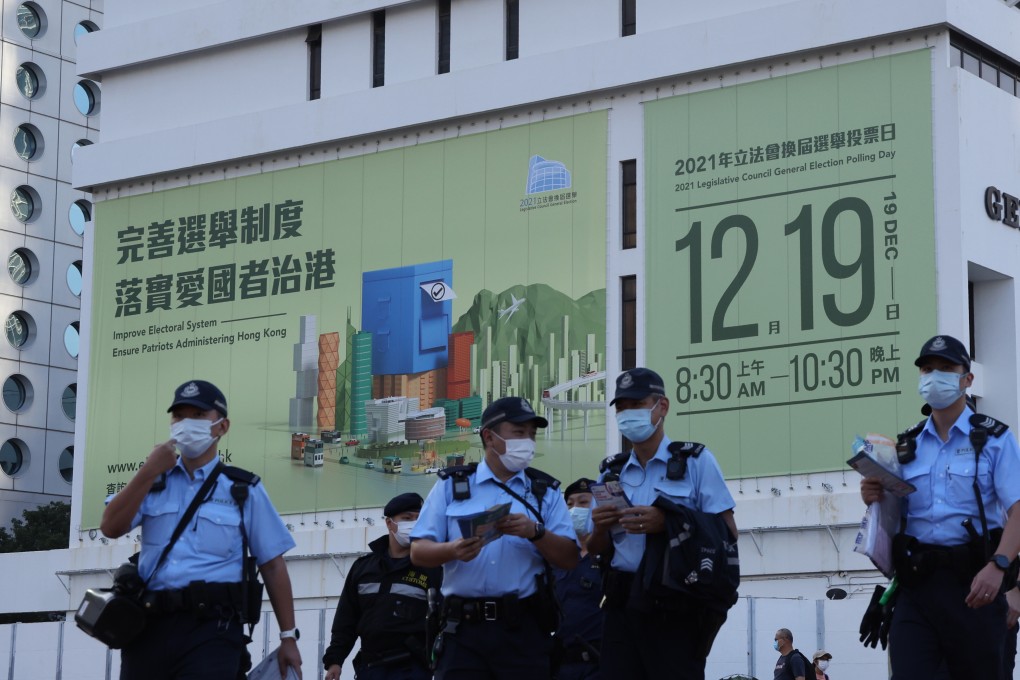Advertisement
Letters | More police patrols needed in Hong Kong to tackle petty crime
- Readers discuss the importance of police foot patrols, the ongoing mask mandate, pollution generated by face masks, how to deal with the wild boar problem, and pet owners’ responsibilities
Reading Time:3 minutes
Why you can trust SCMP

Your correspondent’s gratitude to local bystanders who helped her when she slipped and fell (“Hong Kong spirit lives on in kindness”, December 7) reminds me that there used to be patrolling policemen undertaking this courtesy duty years ago.
In 2019, these patrolling duties were quietly ceased. While police foot patrols have since resumed, there does not seem to have been a corresponding decline in street crime, especially on weekends and Sundays. Annoying petty offences such as littering, smoking, spitting and gambling now appear to be routine.
We pay rent and monthly fees for security guards to shield our homes, but these knights have no sword. When the police are not able to act until harm has been done, how effective can policing be?
Advertisement
Edmond Pang, Fanling
In ‘zero-Covid’ Hong Kong, why wear masks?
Our government should consider removing the mask mandate since we effectively have a zero-Covid environment and strict quarantine rules for travellers from overseas. We should start to derive the benefits of being a Covid-free city.
Advertisement
Advertisement
Select Voice
Select Speed
1.00x